The Panama Canal Gains Support from Various Countries in the Face of Crisis
Currently, the United States is the largest user of the Canal, with more than 70% of the cargo that crosses it destined for or originating in that country.
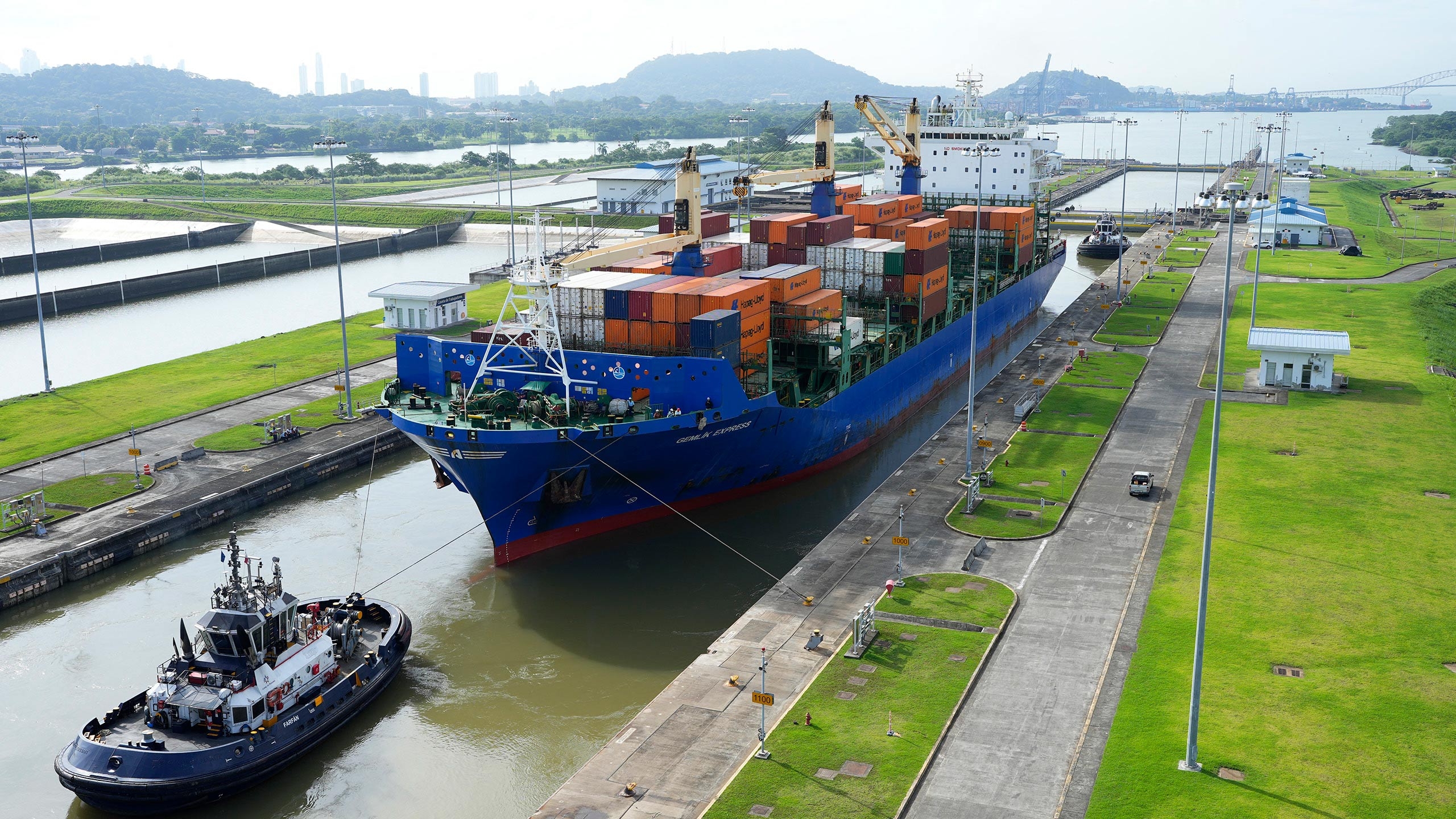
The foreign minister of Panama Javier Martínez-Acha highlighted the support of countries such as Portugal, Ghana, and Argentina for Panamanian sovereignty over the Panama Canal, in response to recent threats from U.S. President Donald Trump, who has questioned Chinese influence in the interoceanic waterway.
Countries Support Panama’s Sovereignty
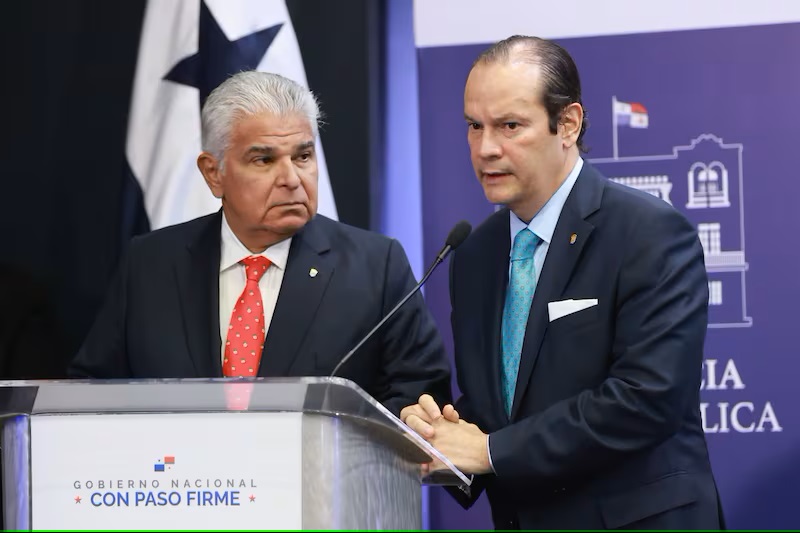
During his participation in the enthronement of Pope Leo XIV, Martínez-Acha, pictured above right next to President Mulino on the left, met with international leaders, including Canadian Prime Minister Mark Carney and Paraguayan President Santiago Peña. He also held talks with the Foreign Ministers of Portugal, Paulo Rangel; Ghana, Samuel Okudzeto Ablakwa; Argentina, Gerardo Werthein; Chile, Alberto van Klaveren; and Costa Rica, Arnoldo Tinoco. “We exchanged views with heads of state, prime ministers, and foreign ministers, who are in tune with Panama and our cause. They expressed great solidarity with our country because they fully understand our reality and recognize, without a doubt, that the Canal is ours,” the foreign minister stated in an official statement.
Historical Context of the Panama Canal
The Panama Canal, one of the world’s major trade routes, was built by the United States in the early 20th century and operated for more than 80 years. In 1999, its administration was transferred to Panama under the terms of the 1977 Torrijos-Carter Treaties. Since then, the route has been regulated by a Neutrality Treaty signed by more than 40 countries. Currently, the United States is the largest user of the Canal, with more than 70% of the cargo that crosses it destined for or originating in that country. China and Japan occupy second and third places, respectively, in terms of waterway usage.
Controversy over Security Agreements
Recently, the security ministries of Panama and the United States signed agreements that have sparked controversy in the Central American country. These agreements allow for the temporary and rotating presence of U.S. military personnel, which has drawn criticism from some who believe they violate the Neutrality Treaty. Opposition groups have filed legal challenges before the Supreme Court of Panama seeking to annul the agreements. However, Panamanian President José Raúl Mulino has defended the agreements, arguing that they do not involve the establishment of military bases and that they strengthen Panama’s capacity to combat international crimes such as drug trafficking, money laundering, and cyber terrorism.
Panama and its Position Regarding Sovereignty
Since the abolition of the Army in 1990, following the US invasion of 1989, Panama has only had specialized police forces. President Mulino emphasized that the recent agreements do not compromise the country’s sovereignty, asserting that “Panama’s sovereignty is not at stake, nor is it surrendered, nor is it given away.” Meanwhile, Trump’s statements about regaining control of the Canal because the Chinese have taken over control, have been rejected by Panamanian authorities, who reiterate that the waterway is a national asset and that any foreign influence is regulated by current international treaties. China is in second spot when it comes to transport in the Panama Canal
The Chinese Community Rejects the Possible Removal of Monuments at the Bridge of the Americas Observation Deck
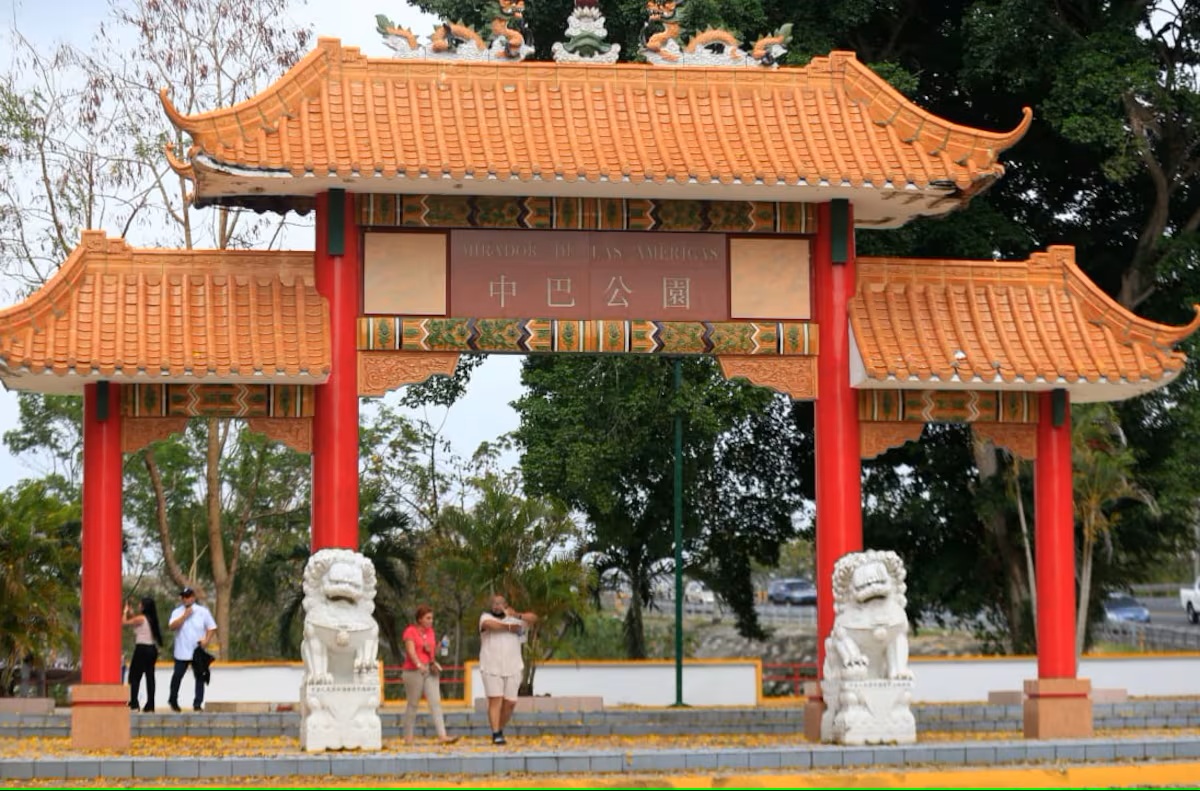
Members of Panama’s Chinese community expressed concern over new projects being managed by the Arraiján Mayor’s Office (West Panama), which likely include the removal of representative Chinese structures and monuments from the Bridge of the Americas Lookout. However, they express concern about the circulation on social media of architectural sketches shared by the Mayor’s Office, which show the absence of several structures and monuments that currently celebrate the historical presence of the Chinese ethnic group in Panama.
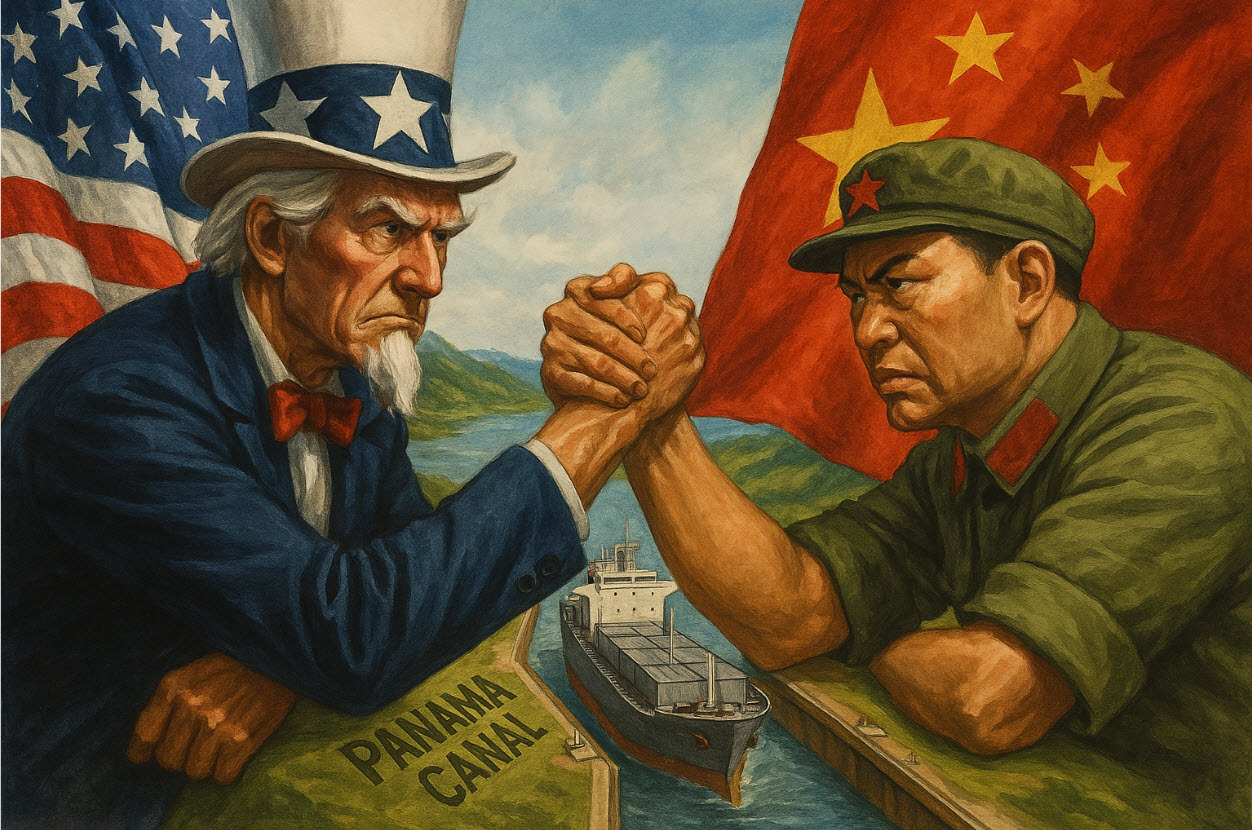
US vs. China! In the style of the Old West, an unknown stranger has arrived to challenge the renowned gunslinger. The bets begin! This is no clash of angels; true giants have emerged at a very high cost, with heroes and villains camouflaging themselves to enrich many and impoverish many more. The best will not win; punches and kicks will not determine the outcome. The most skilled, the most serene, the most patient will triumph; the one who exploits technology with the greatest finesse, the one who has a perfect understanding of the historical moment the world is experiencing, and, finally, the one who knows how to wield international trade rules to their advantage, the power of negotiation rather than intimidation. Those hoping for a military solution will be left wanting. All powers fear destruction; they want to remain powers. They know they must not overstep threats or intimidation. It is important to maintain the veto at the UN.
Both opponents possess highly effective tools to achieve their objectives. The contest will not be boring at all, and it is very likely that there will be spectators who will receive acidic spit in their faces; Panama among them. The power of the United States is well known. With 750 military bases outside its borders, it has intervened in 13 countries over the last 40 years, while China, with only one military base outside its territory, in Djibouti, has intervened zero times in the same period. The Asian giant does not fear Trump’s tariff onslaught. It recognizes that it will be affected, but maintains that it will not hesitate to confront it. It is possible that, looking in the mirror of Russia, subjected to dozens of sanctions, with a growing economy with new and powerful clients operating in rubles, yuan, and rupees, it will convince itself that it too can use versatile, unbridled capitalism to its advantage.
China is already the main trading partner of more than 140 countries. China’s exports under the New Silk Road during Trump’s first term were 38.7%, and today they stand at 47.8%. In Southeast Asia, they were 12.8%, and now they stand at 16.4%. Exports to the US used to be 19.2%, and today they are 14.7%, meaning the impact of tariffs is reduced. Under Xi Jinping, the tactic of “growing with a low profile,” as Deng Xiaoping believed, is over. China has been acting with a high profile for years. Today, it is the main defender of multilateralism as the preferred means of reaching effective and lasting international agreements, while Trump attacks this path and withdraws his country from global organizations born with this vision.
Wall Street has more lives than a cat. Its combat capacity, proven many times over, cannot be ignored by anyone serious. The world’s financial system roars in New York; the most vibrant banks are there, as are the credit rating agencies. Its decision-making power is brutal. It’s no coincidence that the UN headquarters are also located there. The strength of the dollar still permeates the entire planet. Freedom is better felt in a democracy than in a centralized regime, although neoliberalism is showing signs of weakness. The championship belt is currently held by the United States. China is the challenger. New stars in the global rankings!
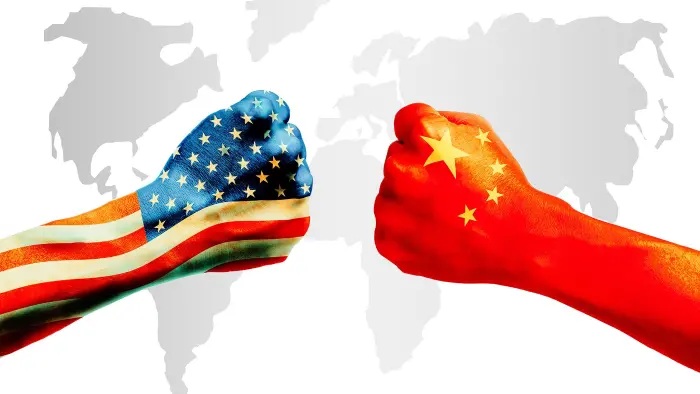
*The author is a Lawyer and Former Ambassador to Chile





